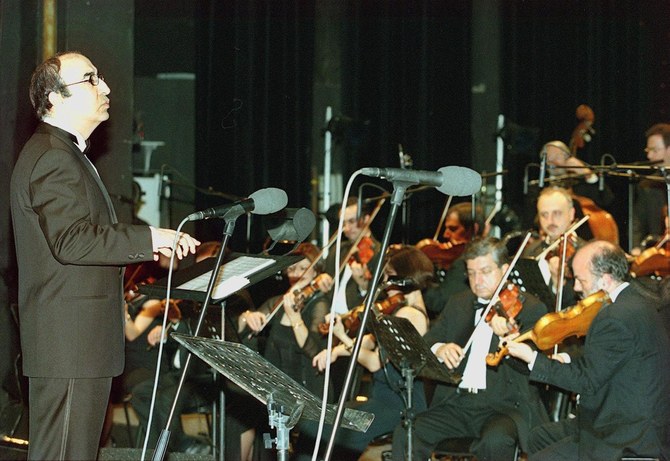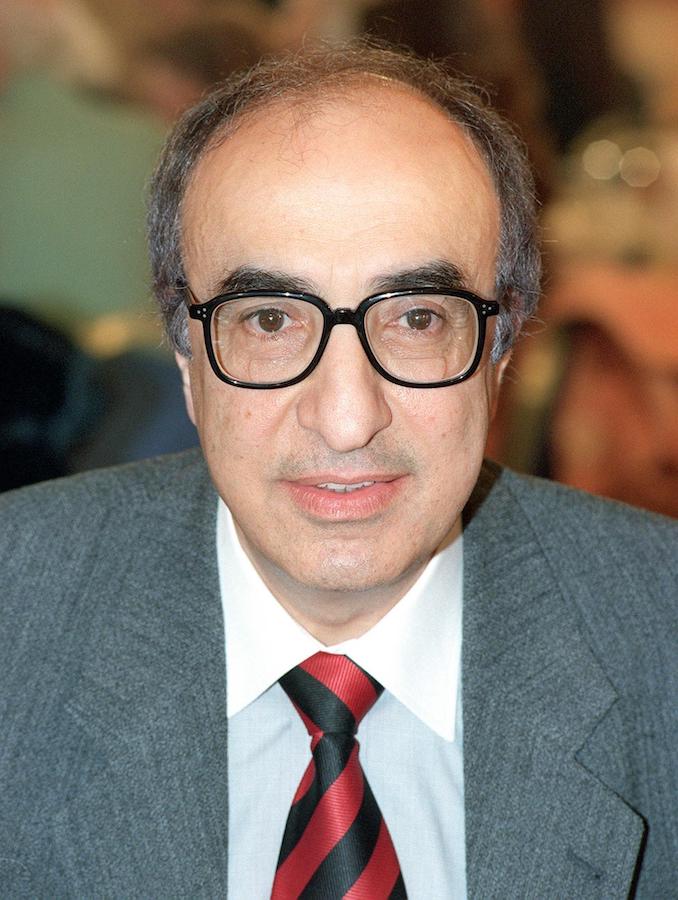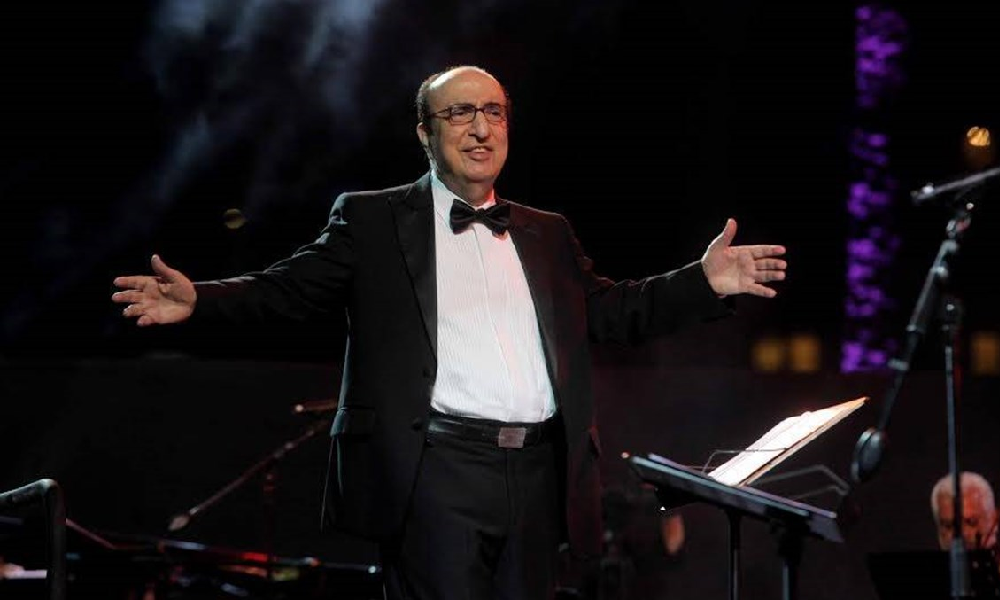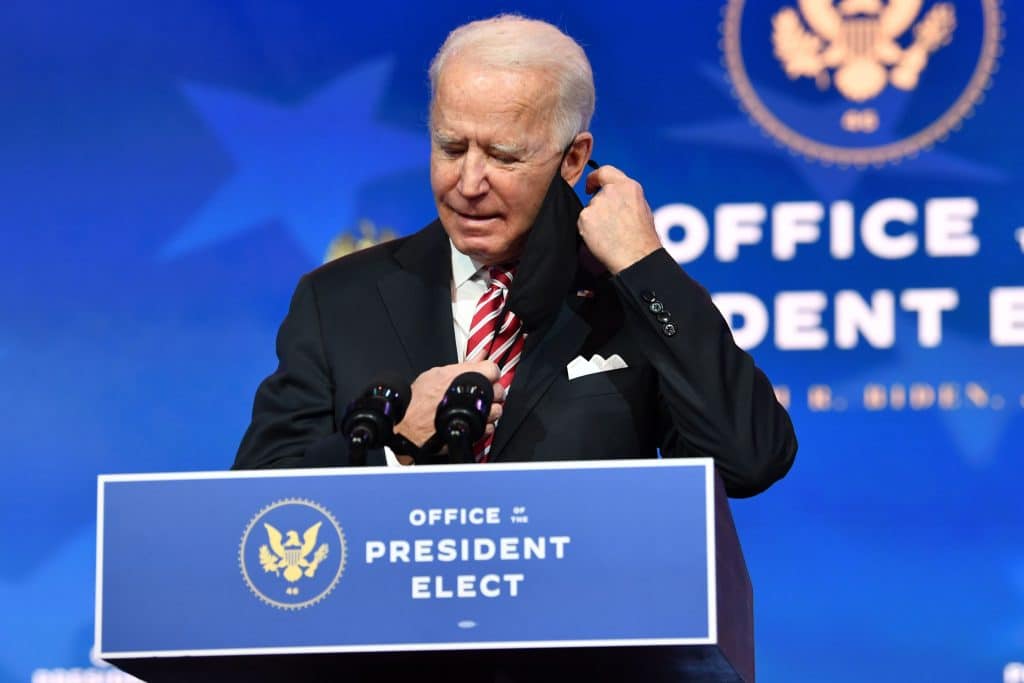
By Courtney Mares -- Rome Newsroom, (CNA).- Lebanon’s Maronite patriarch has said that the country could be facing “the risk of total collapse” amid a deepening economic and political crisis. In his homily on Jan. 3, Cardinal Bechara Boutros Rai, the leader of Lebanon’s Maronite Catholics, said that Lebanon’s political leaders needed to “overcome the logic of partisan interests” and form a government to help rescue the country. Rai urged the formation of a “government with real independence, democratic and pluralistic balance, and with highly qualified ministers.” He added that Lebanon’s leaders needed to make a “responsible and courageous decision” to disrupt various internal and external interventions and “set their sights on the interest of Lebanon only.” The patriarch warned officials not to “underestimate the risk of complete collapse.” It was the second time in less than a week that the Lebanese cardinal had spoken of the risk of collapse.
In his homily on New Year’s Day, Rai said: “No one or any group of the political spectrum, whether directly or indirectly involved, has the right to hinder the formation of the government for the sake of current or future accounts and interests.” “Two months and 10 days have passed since the task to form the government was issued, while Lebanon is moving rapidly towards complete collapse and bankruptcy.” He continued: “It is truly shameful that the new year begins without the government formed and committed to work. It is also disgraceful for the unemployed to deal with the Lebanese issue as if it were one of the chess pieces of the Middle East or major countries. Let the political community remember that forming a government is its first and basic duty and the justification for its existence.”
by Newsmax — Jeffrey Rodack — Iran has requested Interpol arrest President Donald Trump and 47 other Americans it said played a …


by arabnews -- DUBAI: Veteran Lebanese musician Elias Rahbani died on Monday at the age of 83 due to COVID-19, Lebanese media reported. According to Al-Arabiya, Rahbani – who was a composer, songwriter and an orchestra conductor – died due to COVID-19. He was the yonger brother of Assi and Mansour Rahbani, who rose to fame as the Rahbani brothers. Celebrities quickly took to social media to pay tribute to Rahbani.
Singer Carol Samaha wrote on Instagram: “We lost an important figure from my country, and he took with him the most beautiful musical era in the history of the Lebanese music. Goodbye, Elias Rahbani. Thank you for your generosity and loyalty to our country Lebanon. Your work is immortal in memory and conscience.” While Lebanese singer and actor Ramy Ayach wrote on Twitter: “A great loss… the one with a pure heart and the lover of art and homeland.” Rahbani composed over 2,500 songs, 1000 of them were for 25 movies and multiple series across the region. He wrote and composed some of Lebanese singer Fairouz’s most-famous songs, including “Qatalooni Aouna El-Soud,” “Kan Endna Tahoun,” and “Maak.” His songs for late legendary Lebanese singer Sabah included “Keif Halak Ya Asmar” and “Shoftoh Bel Anater.”

by AP -- The three brothers were pioneers of a Lebanese golden age of music and culture, before the country was plunged into a lengthy civil war in the mid- 1970s. Many Lebanese still start their day listening to their songs and see them as uniting figures, beloved across the country’s divided political spectrum. Born into a musical family in the town of Antelias, north of Beirut, Elias quickly forged a path for himself in the music industry. He often worked with his brothers but went on to compose his own songs for veteran Lebanese artists including Fairouz, Sabah, Melhem Barakat, Majida al-Roumi and others.
Elias Rahbani distinguished himself from his brothers, who were the industry's best known duo, with his more modern styles and mix of Middle Eastern and Western music that won him international awards. He wrote some of Fairouz’ best hits, as well as the music and lyrics for many patriotic songs. Rahbani composed hundreds of songs and music for the theater and the soundtracks to dozens of films and TV series, including “Habibati,” or my Love, “The Night Player.” Elias leaves behind a wife, Nina, two sons, Ghassan and Jad and a sister, Elham.

by catholicherald.co.uk -- Matthew Schmitz -- On paper, Joe Biden will be the second Catholic to hold the office of US President. In reality, he will govern in accord with a very different faith. His policies and rhetoric will be based not on Roman dogma but on a creed which might be called “therapeutic technocracy”. This is the unacknowledged religion of much of America. It promises that by listening to science and the voices of the suffering we can ensure our nation’s physical and psychological health. Biden’s adherence to this faith was made clear in his victory speech. He declared that he would defeat coronavirus with a plan “built on a bedrock of science” and “constructed out of compassion, empathy and concern”. These are the quasi-religious pillars of his legitimacy. By invoking them he claims an authority that goes beyond the merely human, just as a king once might have claimed divine favour. Why does therapeutic belief (“compassion, empathy and concern”) go along with faith in technocratic expertise? Because it justifies the technocrats’ right to rule. This new class lacks the more traditional forms of legitimacy – sacred anointing, popular acclaim, or loyalty to a national history. Instead, they claim to be experts in soothing our pain. As Biden’s vice-president-elect Kamala Harris promised: “Know that Joe Biden and I will wake up every single day thinking about you and your families.”
The figure of the therapist exemplifies a particularly attractive form of expertise. He is not tasked with overcoming external technical problems, in which success or failure would be obvious. He is charged with the more ambiguous – and in some ways more ambitious – task of resolving all the problems of the psyche. If an engineer doesn’t know how to build a bridge, his incapacity will become disastrously clear. The competence of a therapist can never be tested in the same way. A ruling class incapable of increasing the median wage or restoring American industry can still vow that it is overcoming the internal darkness of hatred and bigotry. A soft, therapeutic technocracy can promise more and deliver less than a hard technocratic regime devoted to, say, cold fusion or the abolition of age.
Khazen History


Historical Feature:
Churches and Monasteries of the Khazen family

St. Anthony of Padua Church in Ballouneh
Mar Abda Church in Bakaatit Kanaan
Saint Michael Church in Bkaatouta
Saint Therese Church in Qolayaat
Saint Simeon Stylites (مار سمعان العامودي) Church In Ajaltoun
Virgin Mary Church (سيدة المعونات) in Sheilé
Assumption of Mary Church in Ballouneh
1 - The sword of the Maronite Prince
2 - LES KHAZEN CONSULS DE FRANCE
3 - LES MARONITES & LES KHAZEN
4 - LES MAAN & LES KHAZEN
5 - ORIGINE DE LA FAMILLE
Population Movements to Keserwan - The Khazens and The Maans
ما جاء عن الثورة في المقاطعة الكسروانية
ثورة أهالي كسروان على المشايخ الخوازنة وأسبابها
Origins of the "Prince of Maronite" Title
Growing diversity: the Khazin sheiks and the clergy in the first decades of the 18th century
Historical Members:
Barbar Beik El Khazen [English]
Patriach Toubia Kaiss El Khazen(Biography & Life Part1 Part2) (Arabic)
Patriach Youssef Dargham El Khazen (Cont'd)
Cheikh Bishara Jafal El Khazen
Patriarch Youssef Raji El Khazen
The Martyrs Cheikh Philippe & Cheikh Farid El Khazen
Cheikh Nawfal El Khazen (Consul De France)
Cheikh Hossun El Khazen (Consul De France)
Cheikh Abou-Nawfal El Khazen (Consul De France)
Cheikh Francis Abee Nader & his son Yousef
Cheikh Abou-Kanso El Khazen (Consul De France)
Cheikh Abou Nader El Khazen
Cheikh Chafic El Khazen
Cheikh Keserwan El Khazen
Cheikh Serhal El Khazen [English]
Cheikh Rafiq El Khazen [English]
Cheikh Hanna El Khazen
Cheikha Arzi El Khazen
Marie El Khazen